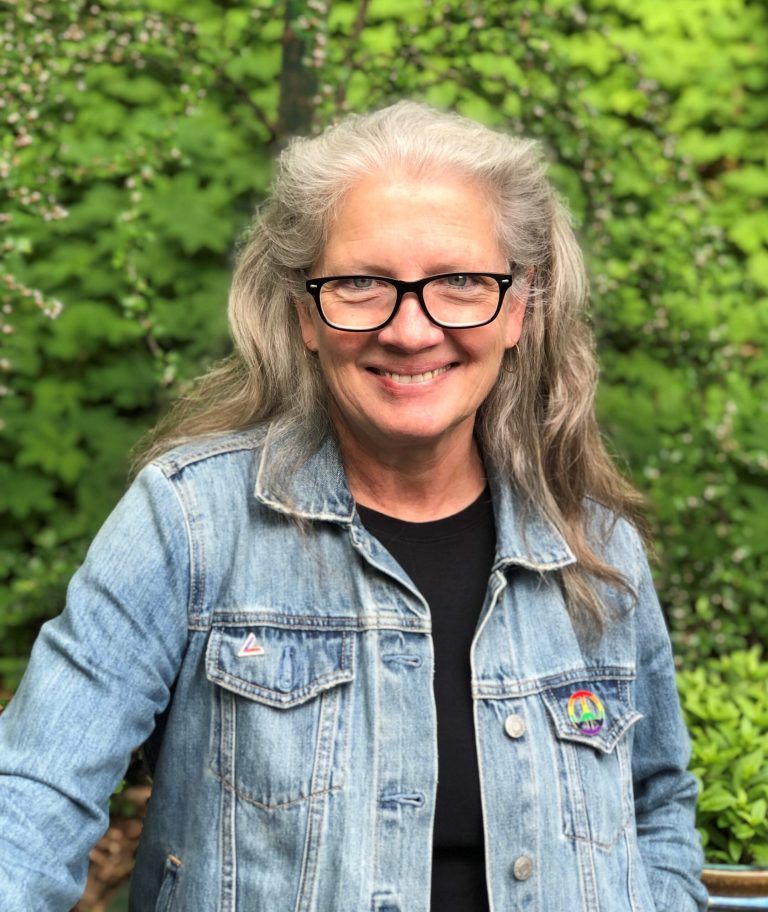
Excerpt from True Confessions of an Ambivalent Caregiver by Cindy Eastman
“Life is God’s novel. Let him write it.”
—Isaac Bashevis Singer
It feels like everyone is dying these days except my dad. And if you think that sounds cruel and heartless, trust me, you’re right. It is. I hate that I feel that way.
Midcareer actors, young athletes, and children with cancer. People for whom it’s not fair, it’s not their time. They had so much to live for. Why them? And then, the unspoken next sentence: And why not Dad?
It is the utmost level of unfairness to me that children die when dementia patients continue to live. I grieve when I hear another case of cancer cutting short the life of a vibrant, active adult when a man who can’t put his shoes on the right feet lives on and on and on. Wives losing beloved husbands, babies without their mothers, fathers grieving their sons. And in households and nursing homes all over the country, millions of dementia patients live out their days, totally incapacitated and not only unable to communicate their distress but unable to seek release from it.
This is probably the most uncomfortable of feelings that comes up for me as a caregiver. I do not like feeling that it’s unfair that Dad lives while others die. Do I think he is less deserving? I don’t think so, but he just seems so unhappy. I know for certain that is not what I want for myself—or for my children. I’ve already forbidden all three of them to take me in to live with them. Why do people live past their ability to experience joy? God kind of fucked up in that department. He should’ve timed the expiration date on the ability to experience joy to coincide right at the time of passing.
But it’s really not my decision, is it? And actually, there are times that I think he is still able to feel joy and experience life. I think the capacity is within him, but it’s not always accessible. He doesn’t contribute to the day-to-day responsibilities of running a home, having a job, and living a social life, but he loves it when his children and grandchildren come to visit. He is raring to go when we plan a visit with family or friends in his hometown and don’t count him out when it’s time to eat! Although he maintains that he “doesn’t eat very much,” he is the first one to put away a cinnamon scone or a dish of chocolate ice cream or a (small) plate of fettuccine Alfredo.
It’s no one’s decision when to die, not even your loved one’s. How many times did I walk by the woman sitting quietly in her wheelchair in the lobby of the skilled nursing facility in the building where my parents lived in Florida and wonder what her story was? Their residence building included the facility as a “benefit” to the residents, euphemistically referred to as “the second floor.” Because my parents’ apartment was one floor above, I typically took the stairs down to visit whichever of my parents was being treated there at the time. At the end of my mom’s life they were both there for a short time together. The stairway opened right into the reception area of the floor and this woman—whose name I never learned, or even inquired about—was parked there every day—just to the right of the upholstered visitor’s chairs and next to the tall potted palm as if she were being camouflaged. She wore a housedress—not really “dressed” but not in pj’s either and she listed a little to the left in her chair. Sometimes she seemed to be humming softly to herself, other times she was quiet. In my comparative youthfulness, I always smiled at her when I strode by on my way elsewhere, but I don’t think she ever noticed. At least she didn’t acknowledge me. She may be the first person that made me think, “Why is she still here? What kind of life is she living?”
And the answer, of course, is it’s nobody’s business. It’s not even a valid question, is it? If any of us could even answer the question, “How much longer do we have?” would we even want the answer? As many times as I’ve felt frustrated at the rate of deaths among the seemingly healthy and more deserving of life, I have experienced a similar number of times when I want to be sure Dad is feeling loved and cared for. Yes, he’s a burden, but he’s my burden. 
What I have to keep in mind is that the way I feel now is not going to be the way I feel when he’s gone. I will miss him. I will wish we had more time. I will love him. Right now, when I wake up every morning, I wonder if he will, too. And I don’t feel sad that he might not. I crave the freedom of my life and the freedom I didn’t even know I had before. And, ironically, knowing that I will miss Dad and have an outpouring of grief when he’s gone doesn’t help temper the frustration I feel at having to continue to care for him in his increasing and demeaning needs.
God help me.
#post-19151 .CPlase_panel {display:none;}
The post Playing God appeared first on Spiritual Media Blog.